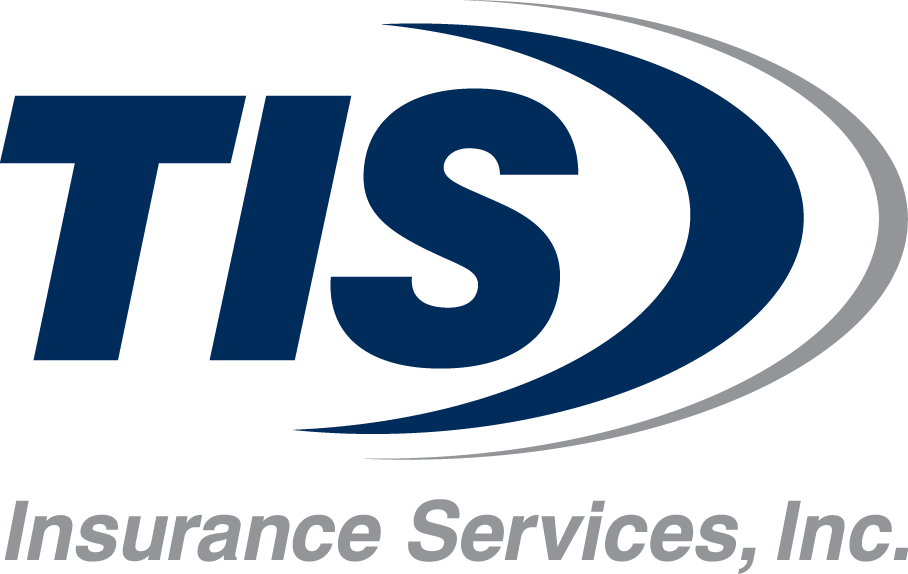Employee benefits can be intricate and overwhelming, with many choices to consider. Selecting the right insurance broker is vital to creating a benefits program that not only attracts and retains top talent but also aligns with your organization’s objectives and bottom line. A skilled broker doesn’t just sell insurance; they become a strategic partner, offering valuable insights and resources to elevate your benefits approach and optimize your overall strategy.
It’s important to recognize that not all brokers are created equally. Some may focus on transactional relationships, offering limited products and minimal support, while others invest in building comprehensive solutions tailored to your unique needs. The best brokers leverage advanced technology, maintain strong relationships with insurance carriers, provide ongoing compliance assistance, and offer a comprehensive suite of services designed to address even the most intricate challenges. This depth and breadth of support can make a significant difference in how your benefits program performs and how satisfied your employees are.
Here are the top 12 factors to consider that can help you distinguish between brokers and ensure you choose a partner who can truly add value to your organization:
1. Range of Services Offered
Look for a broker who offers a comprehensive suite of services. This includes not just health insurance but also wellness programs, compliance assistance, and employee engagement strategies. A broker with diverse offerings can provide tailored solutions that meet your specific needs.
2. Industry Expertise
Choose a broker with a strong background in employee benefits. They should be knowledgeable about the latest trends, regulations, and best practices in the industry. Their expertise can help you navigate challenges and stay ahead of compliance requirements.
3. Access to Advanced Technology
Brokers who leverage technology can offer you tools that simplify the management of employee benefits. From enrollment platforms to analytics dashboards, access to advanced technology can enhance your decision-making process and improve employee experience.
4. Customizable Solutions
Every organization is unique, so your broker should be able to provide customizable benefit plans that cater to your workforce’s specific needs. This flexibility ensures that you can attract and retain top talent while staying within budget.

5. Proactive Communication
A great broker maintains open lines of communication and is proactive in addressing potential issues before they become problems. They should regularly check in with you and provide updates on relevant changes in the industry or your specific benefits.
6. Brings New Ideas and Solutions
The best brokers continuously seek innovative approaches to enhance employee benefits. They stay informed about emerging trends and new products that can offer your employees more value. A broker who brings fresh ideas can help you design unique benefits packages that not only meet compliance standards but also resonate with your workforce.
7. Uses Data to Help You Make Decisions
Data-driven decision-making is essential in today’s business environment. A top-notch broker utilizes data analytics to provide insights into employee utilization patterns, satisfaction levels, and cost trends. By presenting this information, they can help you make informed choices that optimize your benefits offerings and control costs effectively.
8. Claims Support and Advocacy
In times of need, having a broker who advocates for your employees can be invaluable. Look for a broker who provides claims support and can help resolve any disputes with insurance carriers efficiently.

9. Educational Resources
A broker who offers educational resources and training can empower your HR team and employees. This might include workshops, webinars, or informational materials that help everyone understand their benefits and make informed choices.
10. Strong Relationships with Carriers
A well-connected broker has strong relationships with multiple insurance carriers. This access allows them to negotiate better rates and coverage options on your behalf, ensuring you receive the best possible value for your benefits package.
11. Compliance Support
Navigating HR regulations is crucial for any organization. A reliable broker should provide robust compliance support to help you stay compliant with federal and state laws. This includes guidance on ACA requirements, ERISA regulations, and other legal obligations, ensuring you avoid costly penalties and maintain best practices.
12. Ongoing Support and Evaluation
Finally, choose a broker who offers ongoing support and regular evaluations of your benefits program. This ensures that your offerings remain competitive and relevant as your business grows and changes over time.
Partner with TIS
Partnering with the right employee benefits insurance broker is crucial for the success of your benefits program. By considering these top 12 factors, you can differentiate between brokers with limited tools and those who provide comprehensive support to address complex issues. A strong partnership will not only enhance your employee benefits strategy but also contribute to a more engaged and satisfied workforce.
TIS Insurance Services, Inc. has decades of experience in employee benefits, offering personalized solutions to meet the unique needs of your workforce.
Contact us today to learn more about how we can enhance your employee benefits strategy and give your company the competitive edge it needs.





